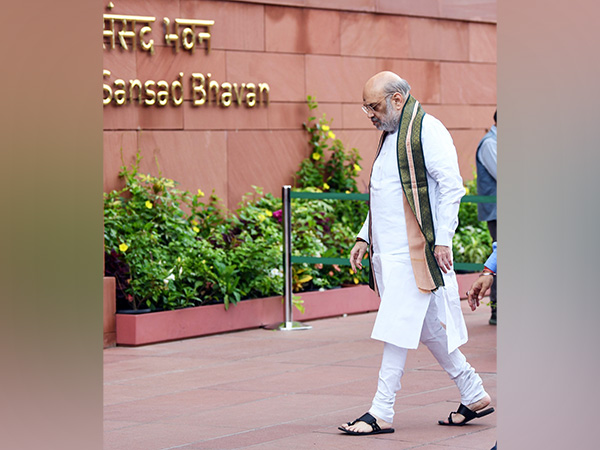Amit Shah Sets Record as India's Longest-Serving Home Minister
Amit Shah has become India's longest-serving Union Minister of Home Affairs, surpassing Lal Krishna Advani's record. Notably, his tenure saw significant policy shifts, including the abrogation of Article 370. Amit Shah's leadership has also witnessed a decline in extremism and improved law and order across the country.

- Country:
- India
Amit Shah has now become the longest-serving Union Minister of Home Affairs in India. As of Tuesday, Shah surpassed the previous record held by senior BJP leader Lal Krishna Advani, marking 2,258 days in office since assuming the role on May 30, 2019. His tenure also eclipses that of Congress heavyweight Govind Ballabh Pant, solidifying his role as a central figure in the ruling National Democratic Alliance (NDA).
In a notable coincidence, Shah achieved this milestone on August 5, a date synonymous with his announcement of the abrogation of Article 370 in Parliament in 2019, effectively revoking Jammu and Kashmir's special status. Previous long-serving Home Ministers include Congress leader Govind Ballabh Pant and BJP stalwart Lal Krishna Advani.
Advani held the Home Minister position for 2,256 days, from March 19, 1998, to May 22, 2004. Amit Shah began his tenure on May 30, 2019, and by August 4, 2025, he had amassed 2,258 days in office. Pant served from January 10, 1955, to March 7, 1961, accounting for 6 years and 56 days in office.
Shah was appointed Home Minister on May 30, 2019, holding the position until June 9, 2024, before resuming on June 10, 2024. In addition to his role in the Home Ministry, Shah serves as India's first Cooperation Minister and has previously held the post of Gujarat Home Minister while also serving as BJP National President.
Under Shah's leadership as Union Home Minister, the Modi administration has overseen substantial transformations in India's internal security environment. The historic nullification of Article 370 stands out as a landmark decision, heralding a significant reduction in stone-pelting incidents and enhancing regional law and order. Nationally, areas plagued by Left-Wing Extremism, Naxalism, and Maoist activities have experienced notable declines. The peaceful advancement of the Ram Janmabhoomi temple project, new criminal justice reforms, and the enactment and implementation of the Citizenship Amendment Act (CAA) underscore this transformative era. Furthermore, numerous peace agreements in the North East have resolved longstanding insurgencies, marking considerable progress in securing the nation's internal stability. (ANI)
(With inputs from agencies.)










